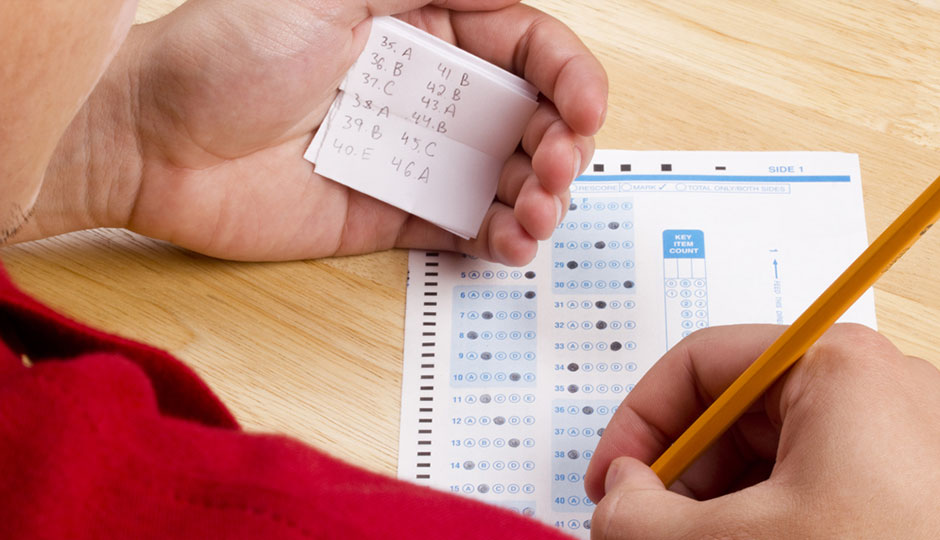The Real Epidemic on College Campuses: Academic Dishonesty
While mattress-toting Columbia University student Emma Sulkowicz will be attending the State of the Union address tomorrow as the guest of Senator Kirsten Gillibrand to protest the epidemic of sexual assault on college campuses that’s been pretty thoroughly debunked, there’s another college trend that seems to be flying beneath the nation’s radar. It may not have the cachet of the aforementioned rape crisis, and nobody’s holding hearings or talking about it, but it does appear to be real, according to the latest statistics released by Penn.
Sexual assaults are up at Penn — from three incidents in the 2009-’10 school year among the 10,000-plus undergraduate body to eight in 2012-’13 and seven in 2013-’14, as you can see from this handy chart printed in the school’s Daily Pennsylvanian newspaper. In other words, the number of sexual assaults about doubled, though the numbers were very low. But read down a little further on the chart to the section labeled “Academic Integrity.” That number went from 44 incidents in 2009-’10 to 96 in 2012-’13 and 127 in 2013-’14. That’s right: The number of cheaters nearly tripled in the same time frame.
Our local Ivy isn’t the only prestigious institution with an academic dishonesty problem. This month the Boston Globe reported that 64 students at Dartmouth College faced suspension or other discipline for a mass-cheating incident in a class called, ironically, “Sports, Ethics and Religion.” In a 2013 survey, half of all incoming Harvard students admitted to cheating in class in high school. The study followed an incident in which 120 students at the prestigious university were found to have cheated on an exam for a Government course called (you’re killing me here, kids) “Introduction to Congress.”
My alma mater, Duke, had a grad-school cheating scandal resulting in sanctions for almost three dozen students old enough to know better. And don’t forget the SAT-takers-for-hire kerfuffle of a few years back that saw 20 young people arrested for taking standardized tests for lesser minds. How do you think all those kids get into these elite schools in the first place — and then have to cheat?
Technology has made cheating easier than ever — the world in your phone! — and schools are struggling to keep up with new techniques for online collaboration, papers purchased online; and other horrors yet unimagined in what Duke behavioral economist Dan Ariely calls “the contagion of cheating norms” today.
All these colleges except Harvard had academic honor codes in place when these mass violations occurred; Harvard’s now busy adopting one. It’s interesting that at these schools where campus-rape activists insist students never lie about being assaulted, they seem to be comfortable enough lying about their academic integrity.
Follow @SandyHingston on Twitter.



